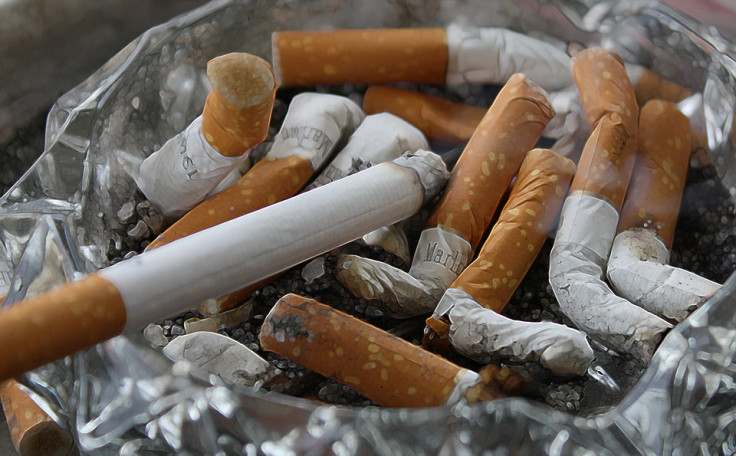WHO calls for bans on tobacco and vape products
The Netherlands have become the fourth country in the world to ban the promotion of tobacco and e-cigarette products.

The Netherlands has become the fourth country in the world that has adopted the six cost-effective and high-impact policy measures, known as MPOWER, that help countries reduce the demand for tobacco.
The Netherlands have joined Turkey, Brazil and Mauritius in their decision to protect people from tobacco smoke, offering support with quitting tobacco, and enforcing bans on advertising cigarette adverts.
The six MPOWER measures, which were recommended by the World Health Organisation (WHO), also enforce bans on promoting, sponsoring and raising taxes on tobacco.
WHO recently revealed that 2.3 billion people in 44 countries across the globe are not protected by tobacco control measures, which leaves them exposed to sickness and an economic burden of addiction.
It has been reported that in 2020, more than 20 per cent of the global population used tobacco. Almost 37 per cent of the tobacco users were men.
Reports also claim that around 80 per cent of tobacco users are living in low- and middle-income countries.
However, Nauru, which is now considered a high-income country, is home to the highest smoking rate in the world. Studies have shown that around 53 per cent of Nauru's population are smokers.
After implementing the MPOWER measures, which launched in 2008, the number of smokers in the Netherlands has fallen from 25.7 to 20.6 per cent.
Mr Maarten van Ooijen, State Secretary for Health, Welfare and Sport, said: "Civil society organizations, health experts and medical professionals are strong driving forces behind everything that we are achieving with regard to tobacco control in the Netherlands."
"They deserve the primary credit for the praise that our country receives from the World Health Organization," he added.
WHO launched the MPOWER package in 2008. There are an estimated 300 million fewer smokers in the world today than there would have been if the smoking rates of 2007 had never declined.
— World Health Organization (WHO) (@WHO) July 31, 2023
WHO urges all countries to put in place all of the MPOWER measures to fight the tobacco… pic.twitter.com/3kyotSyRwY
Tobacco and second-hand smoke inhalation cause more than 480,000 deaths each year. The Centres for Disease Control and Prevention (CDC) revealed that 278,544 annual deaths are amongst men, and 201,773 are among women.
In the UK, more than 76,000 people die each year from smoking tobacco. The NHS declare that smoking increases the risk of developing more than 50 serious health conditions.
"Tobacco continues to be one of the top preventable causes of premature deaths and it is the only commercial product that kills half its users when used exactly as intended," WHO Director-General Tedros Adhanom Ghebreyesus said.
Tedros concluded that: "The past two decades provide us with rich lessons on how to address this global health threat – we must act now to save lives and stop the spread of this preventable killer."
In recent years, many people have stopped smoking tobacco and invested into a vape instead. Reports show that in the US, seven out of 20 people have admitted to using vaping products regularly.
A BiomedCentral study found that the current prevalence of e-cigarettes and vaping globally has reached around 23 and 11 per cent of the world's population.
The CDC confirmed that since there has been a rise in vaping products being marketed towards young people, there have been 2,807 cases of e-cigarette or vaping use-associated lung injury. The CDC also found that there have been 68 deaths attributed to lung conditions caused by vaping.
Although vaping has been recognised as "far less harmful than smoking", research from The Johns Hopkins University on vaping ingredients in 2021 revealed that thousands of chemical ingredients in vaping products are yet to be identified.
Disposable vape products are not only damaging to human health, but plastic products also have a detrimental effect on the climate. Discarded vape and e-cigarette products have been known to create huge amounts of plastic and hazardous waste.
In July 2023, it was reported that the Local Government Association, which represents councils in England and Wales, are calling for the UK government to ban the sale and manufacture of single-use vapes by 2024.
© Copyright IBTimes 2024. All rights reserved.






